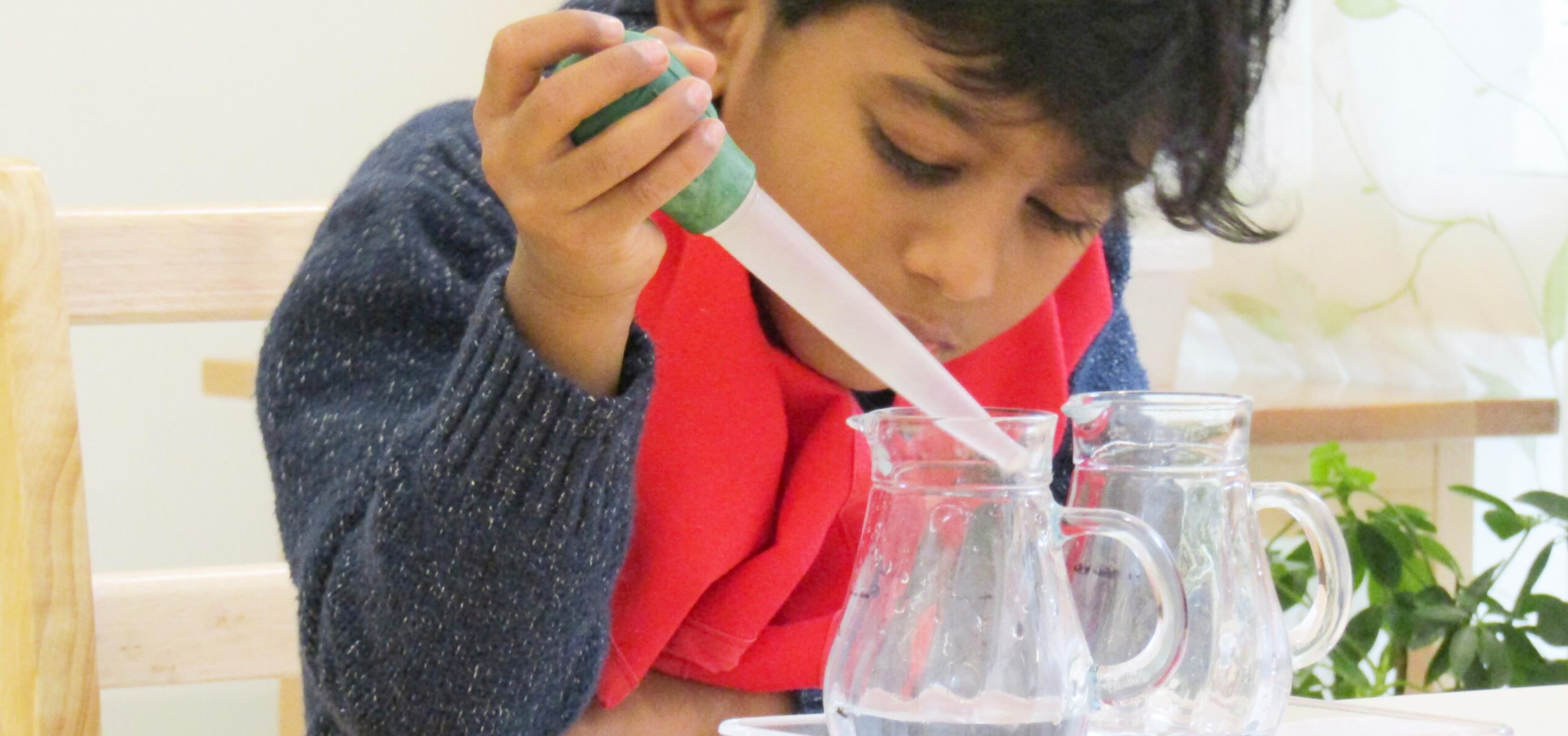Montessori education is a unique approach to learning that emphasises the development of practical life skills in young children. Practical life refers to the daily activities that are part of our routine, such as dressing, eating, cleaning, and organising. Montessori educators believe that children benefit from learning these skills early on, as it helps them become independent, self-sufficient, and confident individuals. In this blog, we will discuss how practical life is taught in Montessori, focusing on four key areas: care of the self, care of the environment, grace and courtesy, and control of movement.
Care of the Self
One of the fundamental principles of Montessori education is that children should learn to take care of themselves. This involves teaching them basic hygiene, such as washing their hands, brushing their teeth, and grooming themselves. Montessori educators also teach children how to dress themselves, tying their shoes, zipping up their coats, and buttoning their shirts. By learning these skills, children become more self-reliant and develop a sense of independence.

Care of the Environment
In addition to learning how to take care of themselves, Montessori students are taught to take care of their environment. This includes keeping their classroom and other communal spaces clean and tidy. Children are taught to sweep the floor, wipe down surfaces, and put away materials after they have finished using them. By learning to take care of their environment, children develop a sense of responsibility and respect for their surroundings.
Grace and Courtesy
Montessori education emphasises the development of social skills, including grace and courtesy. Children are taught how to greet one another politely, how to take turns, and how to listen attentively. They are also taught to respect the personal space of others and to use appropriate language when communicating. These skills help children develop positive relationships with their peers and build a sense of community.
Control of Movement
Finally, Montessori education focuses on helping children develop control over their movements. This involves teaching them how to move their bodies with purpose and intention, such as walking quietly, carrying objects carefully, and sitting still when required. Children are also taught how to develop their fine motor skills, such as using scissors and writing with a pencil. By developing control over their movements, children become more coordinated and confident in their abilities.
In conclusion, practical life skills are an essential part of Montessori education. By teaching children how to take care of themselves and their environment, how to interact with others respectfully, and how to develop control over their movements, Montessori educators help children develop independence, self-confidence, and a sense of responsibility. These skills form the foundation for a lifetime of learning and personal growth.

